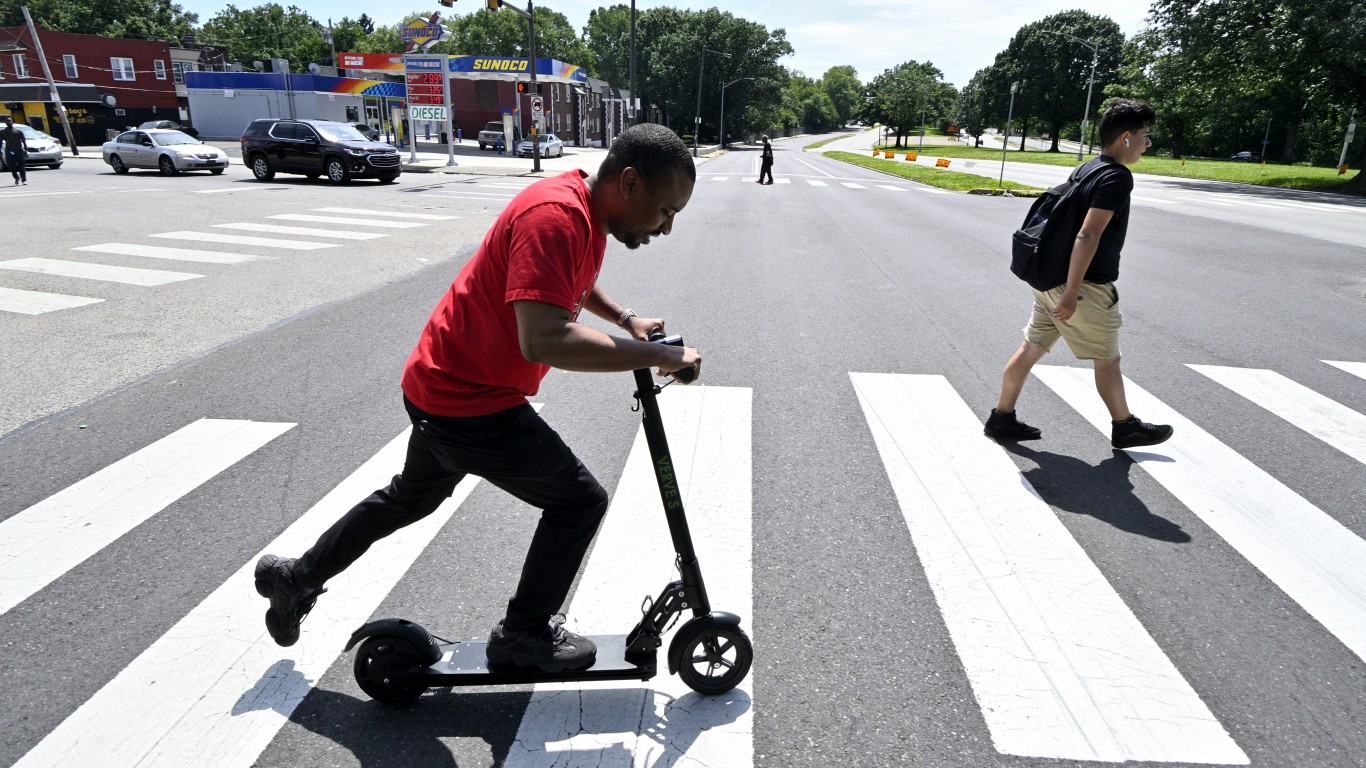 People rushed to access the Apple (NASDAQ: AAPL) site to order new iPads almost as soon as the company’s CEO, Tim Cook, announced the release of the new product. Numbered in the millions, customers gave Apple their credit card numbers. They were told they would get their new iPads through the delivery services on March 16. Now, customers will have to wait until March 19 when the device goes on sales at Apple’s retail stores. This is not the first time that Apple has delivered products late. Perhaps management believes the day will come when one of its products fails to prompt a surge of buyers.
People rushed to access the Apple (NASDAQ: AAPL) site to order new iPads almost as soon as the company’s CEO, Tim Cook, announced the release of the new product. Numbered in the millions, customers gave Apple their credit card numbers. They were told they would get their new iPads through the delivery services on March 16. Now, customers will have to wait until March 19 when the device goes on sales at Apple’s retail stores. This is not the first time that Apple has delivered products late. Perhaps management believes the day will come when one of its products fails to prompt a surge of buyers.
The last time Apple shipped a product late was when it released the iPhone 4S. Phones were supposed to be delivered on October 14 of last year. Consumers had trouble getting to the Apple and AT&T (NYSE: T) online stores. Apple almost immediately posted a notice that some phones would be delivered one to two weeks late. The company said that the primary reason that the devices could not ship was that the preorders had resulted in inventories being sold out.
There have been several theories about why Apple rarely produces enough of its newest phones and table PCs. One is sort of a conspiracy theory. Apple keeps initial production low on purpose. This makes the products more precious than they really are and creates the illusion that demand is well beyond what Apple expected. The theory almost certainly is wrong. It is hard to figure why Apple would risk alienating customers in the name of a publicity stunt to make them and analysts believe that demand is beyond belief. Apple’s sales of new products are impressive enough that planned shortages are unnecessary.
Another possible reason for Apple’s delivery problems is inventory control. Apple, like most consumer electronics companies, has no reason to build devices that it believes will not be sold right away. Management might be blamed for poor forecasts, but it is smart not to pay too early for devices that will not be sold right away. The flaw in this theory is that Apple has nearly $100 billion in cash and equivalents on its balance sheet. Its cost to potentially overbuild inventory is close to zero, when Apple does not have to borrow for parts and factory activity.
That leaves one last reason for the tardiness of Apple’s products when it runs low on inventory. It is a given that management has missed anticipated demand before. It has happened over and over again. Perhaps executives at Apple have in mind the day when one of its products finally will not raise phenomenal excitement. It has to happen some time.
Douglas A. McIntyre
In 20 Years, I Haven’t Seen A Cash Back Card This Good
Credit card companies are at war, handing out free rewards and benefits to win the best customers. A good cash back card can be worth thousands of dollars a year in free money, not to mention other perks like travel, insurance, and access to fancy lounges. Our top pick today has pays up to 5% cash back, a $200 bonus on top, and $0 annual fee. Click here to apply before they stop offering rewards this generous.
Flywheel Publishing has partnered with CardRatings for our coverage of credit card products. Flywheel Publishing and CardRatings may receive a commission from card issuers.
Thank you for reading! Have some feedback for us?
Contact the 24/7 Wall St. editorial team.




